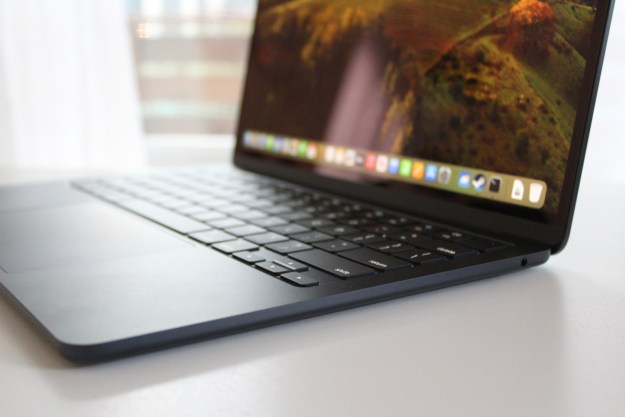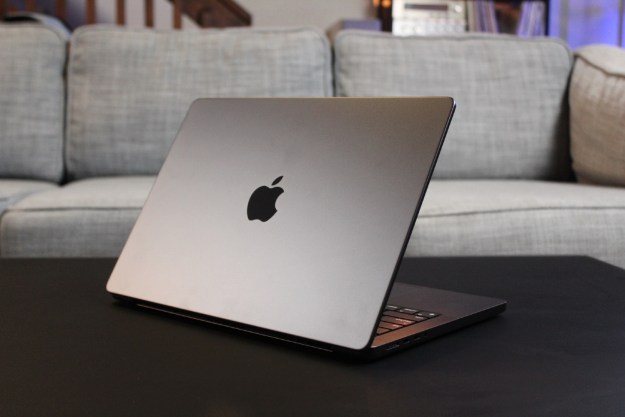
Apple has been shipping its own Web browser Safari with Mac OS X for several years now, and announced a version Safari for Windows a year ago. Safari represents a healthy share of the Macintosh browser market, but in terms of the overall Internet Safari is still in the single digits in terms of browser share. So no one was truly surprised that Apple would attempt to leverage the near ubiquity of its QuickTime and iTunes software as a way to introduce Windows users to other Apple applications: what surprises people is that Apple is using the updating capability to push new applications to those users by default.
Windows users who have QuickTime and/or iTunes installed are no doubt familiar with Apple’s Software Update utility, which periodically informs users when updates and patched versions of the software are available. Online update utilities are important components for operating systems and network-accessible software, giving vendors a simple way for users to update security patches and bug fixes. However, with the recently released Safari 3.1, the browser has turned up as an new component in Apple’s Software Update utility, and it is set to download by default. The result is that if users go along with Apple’s recommended software update, they get an entirely new application—unrelated to Apple software they already have installed—as part of the update.
The Safari 3.1 install is also enabled by default on Mac OS X systems; however, Safari ships as a default application with Mac OS X. Similarly, Windows users who already have Safari installed will see version 3.1 show up as an automatically-enabled update.
“What Apple is doing now with their Apple Software Update on Windows is wrong,” wrote Mozilla head John Lilly in his blog. “It’s wrong because it undermines the trust that we’re all trying to build with users. Because it means that an update isn’t just an update, but is maybe something more. Because it ultimately undermines the safety of users on the Web by eroding that relationship.”
Many industry watchers have opined that it makes sense for Apple to promote Safari 3.1 to Windows Users via Software Update, but criticize the company for making the download enabled by default, arguing a better option would have been to have the download disabled by default, or somehow distinguished as a new application rather than an update to existing software. (Some have noted Software Update may lack this sort of functionality.)
Others argue Apple’s move is about browser share and money, and Mozilla’s grousing about the move has more to do with revenue earned via Google’s prominent placement as the default search engine for Mozilla than Apple’s distribution tactics. Firefox earns the vast majority of its revenue from Google searches conducted via Firefox’s search box: Safari also has Google set as its default search engine, and a growing number of Windows users converting to Safari could mean declining revenues for Firefox, if those users come at Firefox’s expense rather than Internet Explorer’s. After all, Mozilla doesn’t have cash cows like well-established iPod and Macintosh businesses to rely on if its search revenue starts to dry up.
Editors' Recommendations
- The 6 key things Apple must fix in the next version of macOS
- Apple has backed itself into a corner
- How to create a Smart Playlist in Apple Music
- How to convert FLAC to MP3 on Mac, Windows, and web
- How to forget a network on a Mac


